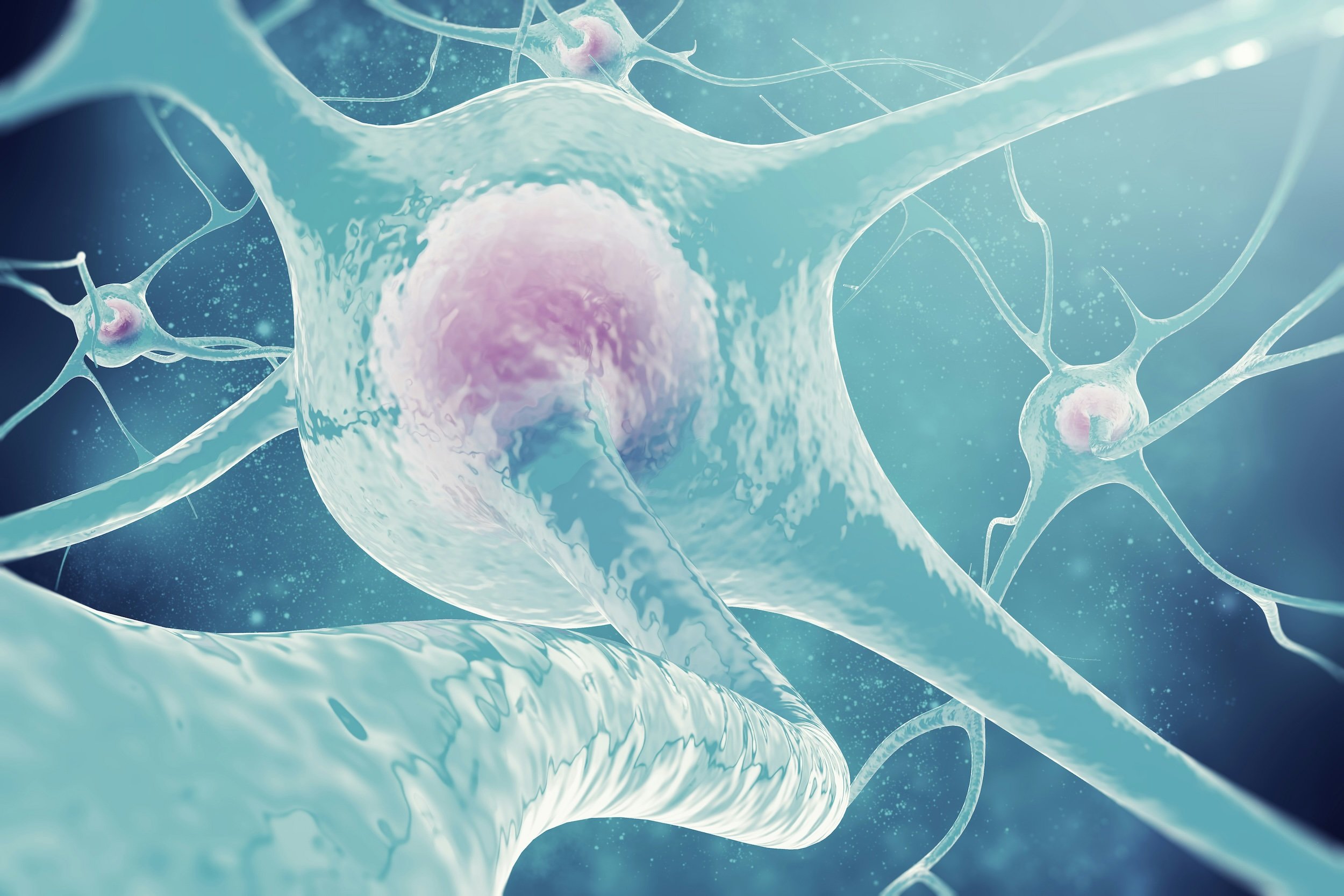
About The Brain & the Nervous System
Our Brain consists of a nervous system - which is highly sensitive to what goes on in the rest of our body. When things go wrong in our nervous system, we experience chronic pain, cognitive decline, emotional instability and neurological conditions.
Beyond the Symptoms
The brain is the control centre, sending instructions and information to your whole body, including your immune system that keeps your body safe.
But in order to do that, it receives information from the rest of the body. It’s sensing both our external and internal environment.
But what happens when functions begin to break down due to inadequate nutrients, too much inflammation or a toxic overload?
In our wellness centre and as Functional Medicine Practitioners, this is where our focus lies.
Neurological Conditions
In Neurological diseases such as Neuropathy, Fibromyalgia, Migraines and Parkinson’s disease, different functions or parts of the nervous system are affected, giving rise to different types of symptoms.
Our Approach
Functional Medicine principles focusses on root-cause as oppose to symptoms. We look for imbalances and struggling body-systems, to boost your disease resilience. Our approach is for those who want more than traditional healthcare can offer.
Memory Decline & Dementia
Evidence suggests chronic inflammation and metabolic disease are huge risk factors for Alzheimers and Dementia. As an example, the role of Alzheimers APOE gene is not straight forward, and managing health and lifestyle is key.
Our Brain - The Control Centre
We tend to think of our brain’s as our seat of emotions and self, but our brain is in fact also a body-organ that rely on healthy blood, nutrients, rest and recuperation just like other parts of our body.
Parkinson’s Disease
Our nerves use electric currents and messengers (neurotransmitters) to operate. In Parkinson’s, imbalance between acetylcholine and dopamine plays a crucial role in the development of symptoms. Other messengers such as histamine, serotonin and adrenal also play a role in symptoms, and research is evolving in these areas.
Chronic Pain
In chronic pain, scans shows abnormal activation and structural brain changes. This impacts working memory, cognitive flexibility, planning - and overall ‘thinking straight’. Whilst chronic pain is often considered to be a heightening of pain perception, inflammation play a huge part, and our role is to investigate the source of the trigger.
